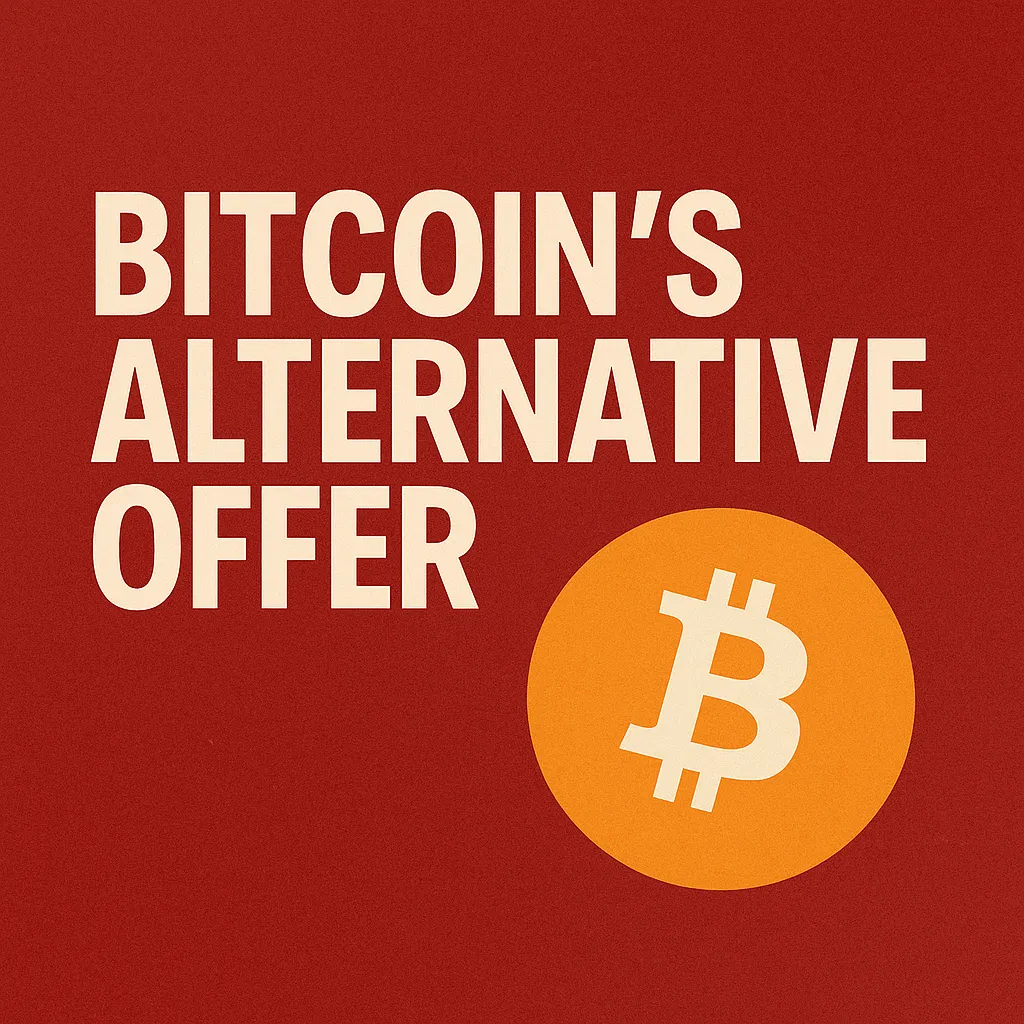
Part III: The Opt-Out – How Bitcoin Flips the Script
Bitcoin is not a charity, a government program, or an NGO. It does not knock on doors or ask for permission. It simply exists. And that is what makes it so powerful. Bitcoin flips the traditional development script not by offering loans or aid, but by offering escape – from currency debasement, from capital controls, from IMF dictates. It offers a neutral, permissionless, incorruptible base layer for savings and settlement.
Unlike IMF bailouts that demand austerity and top-down compliance, Bitcoin is voluntary. It requires no application and grants no special privileges to the rich. It does not care if you are a central banker or a goat herder in rural El Salvador. All it demands is access to energy and the internet – two things rapidly spreading across the globe.
Take the Central African Republic (CAR), one of the world’s poorest nations and a perennial IMF borrower. In 2022, CAR stunned global institutions by announcing Bitcoin as legal tender. Was it a media stunt? Possibly. But it was also a declaration of independence. After decades of economic subjugation, CAR was signaling it wanted out of the French franc zone, out of debt dependency, and into a parallel system where the rules are transparent and can’t be changed by elites in Washington or Paris.
El Salvador took it a step further. President Nayib Bukele’s decision to make Bitcoin legal tender in 2021 was met with pearl-clutching from legacy institutions. The IMF warned of financial instability. Moody’s downgraded their credit. Western pundits rolled their eyes. But on the ground, something real began to change. Citizens used Bitcoin wallets like Strike or Chivo to send and receive remittances instantly and cheaply. Street vendors accepted sats. Bitcoin Beach thrived. And for the first time, a global financial system that excluded the poor had some real competition.
Bitcoin does not rely on capital inflows from wealthy countries or multilateral lenders. It is native capital – secured by computation, backed by mathematics, and distributed globally. It has no CEO, no lobbyists, and no leverage over a nation’s tax policy. It cannot be printed, devalued, or manipulated to serve geopolitical ends. In short, it is everything the IMF is not: permissionless, decentralized, and apolitical.
That doesn’t mean Bitcoin is a panacea. It doesn’t build roads or hospitals or create jobs by itself. But it offers a monetary foundation that is immune to coercion – and in the long run, that matters more than any short-term aid package. For citizens and countries alike, Bitcoin is a parallel path – one that leads not through the doors of the IMF, but out of them.
In Part IV, we’ll explore how Bitcoin echoes a deeper historical pattern – how financial sovereignty has always been a prerequisite for flourishing civilizations. Continue to part 4 here:



